Illinois is a self-reporting state for MCLE purposes. All Illinois attorneys are required to report compliance at the end of the attorney’s 2 year MCLE reporting period. You must report compliance through the Illinois MCLE Board website by July 31


Illinois is a self-reporting state for MCLE purposes. All Illinois attorneys are required to report compliance at the end of the attorney’s 2 year MCLE reporting period. You must report compliance through the Illinois MCLE Board website by July 31

Illinois is a self-reporting state. All Illinois attorneys are required to report compliance, non-compliance or exemptions at the end of the attorney’s 2 year Illinois MCLE reporting period.

The goal of this CLE program is to lay out some of the different people groups that you represent and leave you with a better understanding of Arabic-speaking clients. This course qualifies for Professionalism and Bias credits in numerous states.

Illinois attorneys must now complete the new required hour of Bias & Diversity and Mental Health & Substance Abuse.
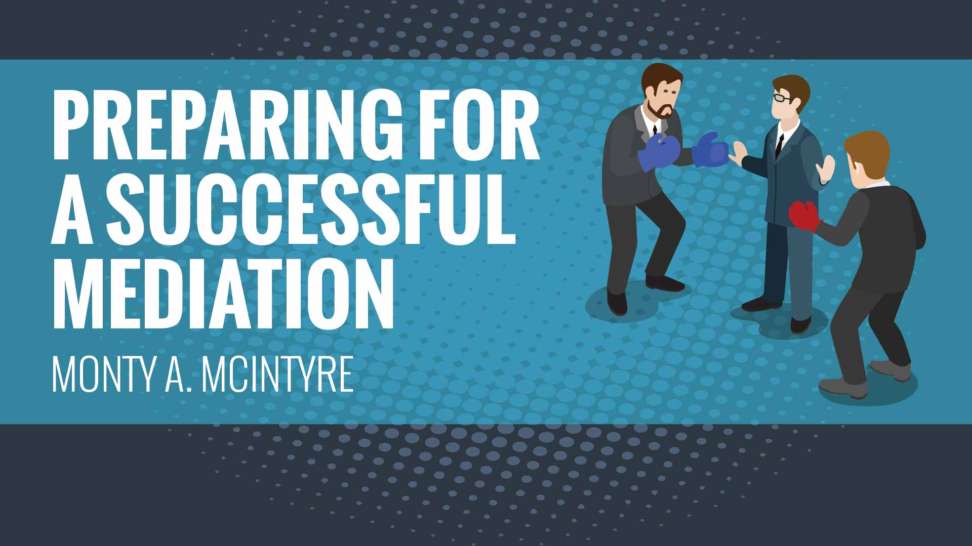
With the cost of litigation and the current backlog in the courts, mediation has become the main path for redress for many aggrieved parties. In this CLE course mediator Monty McIntyre will teach you the fine points of mediation so you can get the best result for your clients.

Cultural Resources are tangible remains of past human activity that provide unique information about past societies and environments. If you are interested in learning more, Michele Fahley details how statutes like NEPA and the National Historic Preservation Act (NHPA) are deployed to protect these important pieces of our history.
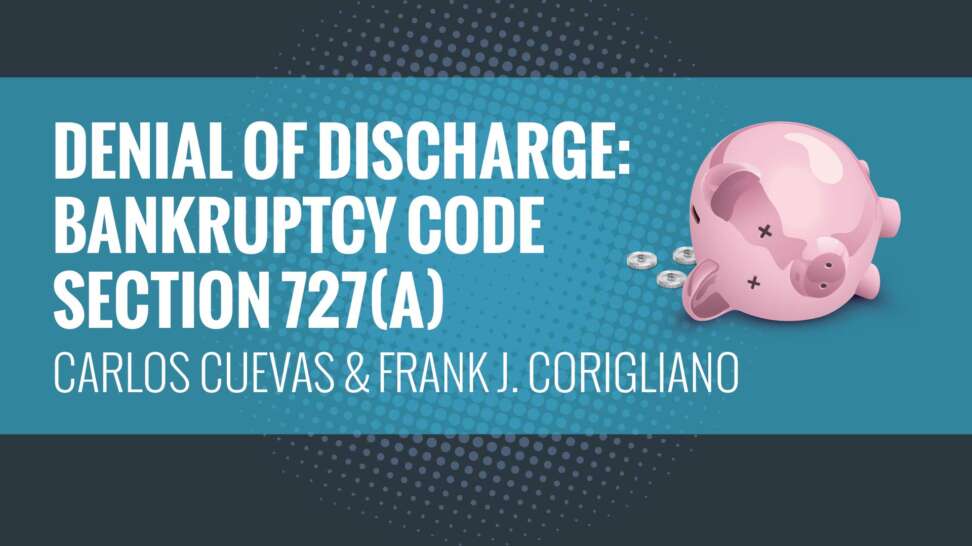
The goal of bankruptcy is the discharge – when the debtor is released from personal liability for certain specified types of debts. Unfortunately, your client may commit certain actions that can prevent them from discharging their debt due to Bankruptcy Code Section 727(a).
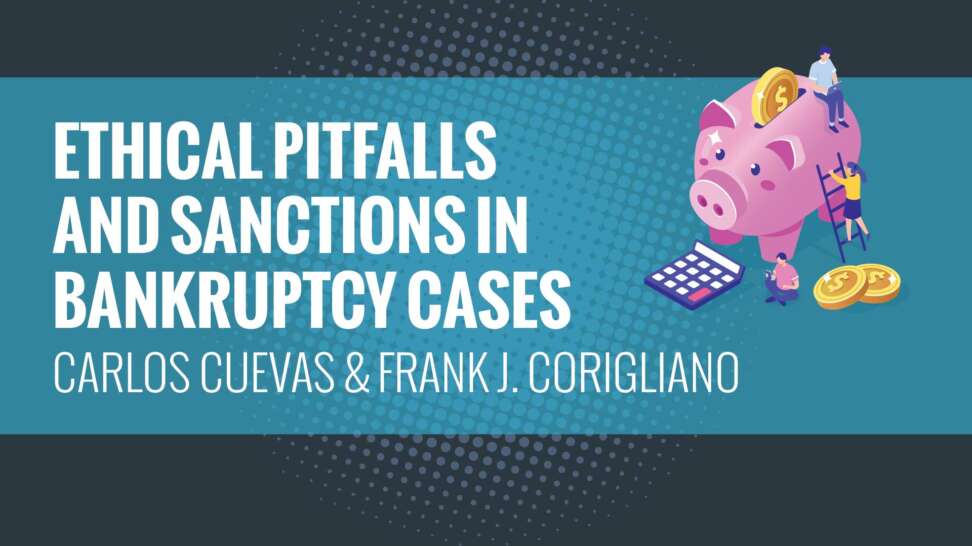
Federal Rule of Bankruptcy Procedure 9011 provides that all documents within its scope require the lawyer’s certification of proper purpose, warranted by law or a non-frivolous argument for extension or reversal of the law, and evidentiary factual support.
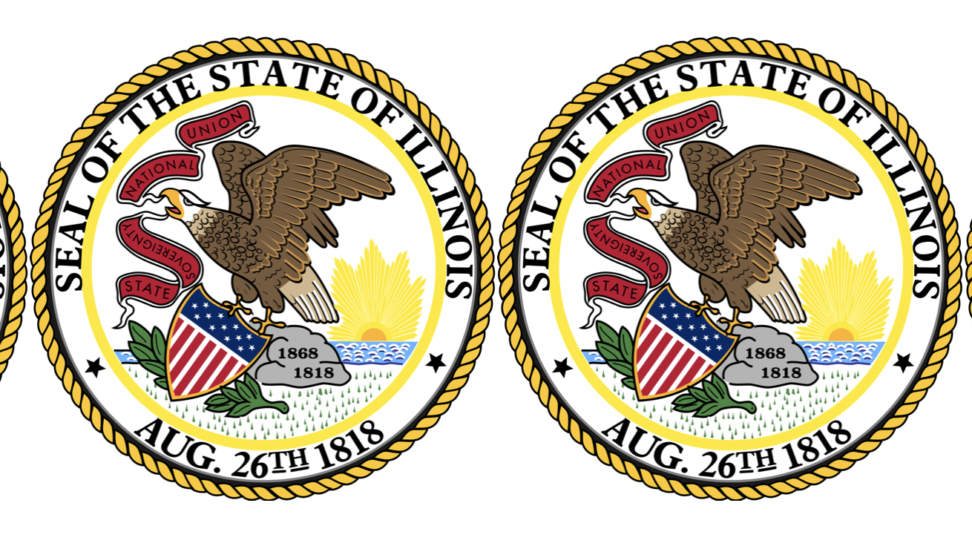
The deadline to complete the IL MCLE requirement for Illinois attorneys with last names N-Z is June 30. Illinois attorneys are required to complete at least 30 IL CLE credit hours every 2 years to complete the Illinois MCLE requirement, including 4 hours of professional responsibility, one hour of diversity & inclusion CLE and one hour of mental health & substance abuse
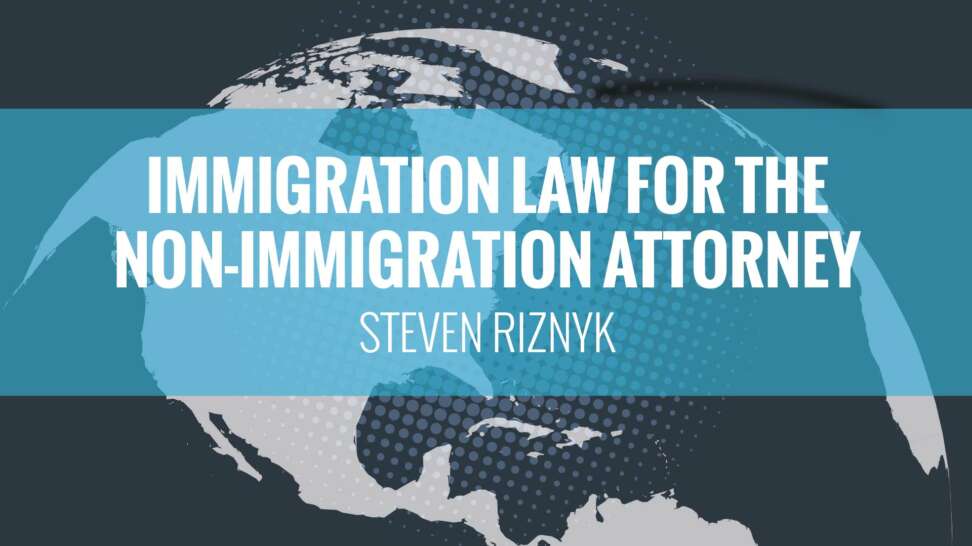
Whether your primary practice is criminal defense or employment law, you can provide additional value for your clients if you can spot and help address potential immigration issues.